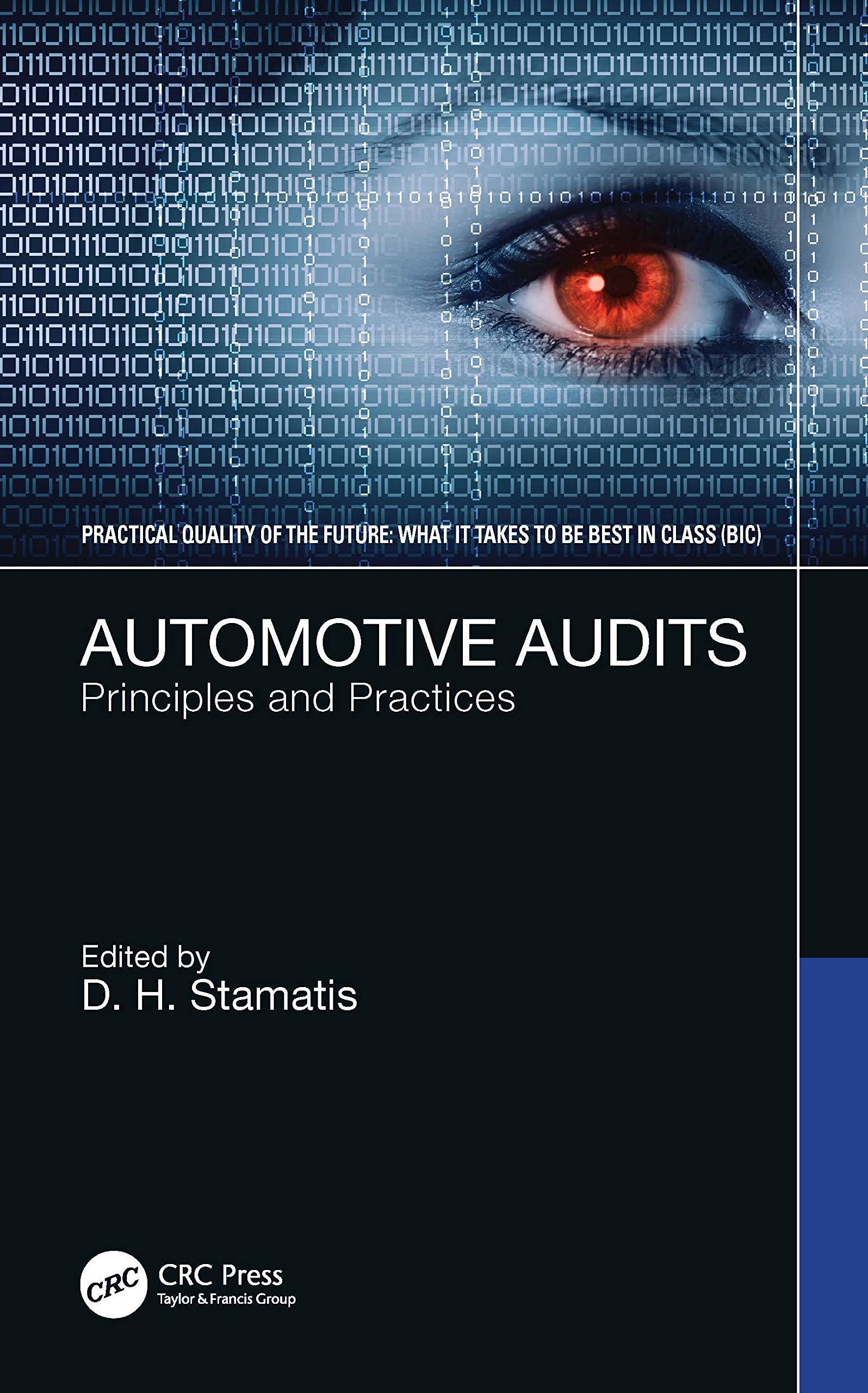Read the following excerpt from an article "The vulnerability of the IASB's funding structure" (first published in the July 2018 UK edition of Accounting and Business magazine) and answer the questions, providing support for your opinion based on the material covered in the Course. [...] In the US, the work of the Financial Accounting Standards Board (FASB) is funded by cash from publicly traded companies, as well as money from publications and a large slug of investment income. In 2017,8,410 public companies paid in US $27.8m, publishing earned US $17.7m and about US $15m came from reserve funds. FASB declares: 'Independent, reliable funding safeguards the ability of the FASB... to set standards in an environment free from real or perceived conflicts of interest. The current funding mechanisms for our standard-setters means they don't have to try to raise money from the very organisations that are subject to accounting standards.' Unlike our poor conflicted international cousins - FASB doesn't say that, but it may as well. As the recently published IFRS Foundation's 2017 annual report shows, funding for the work of the International Accounting Standards Board (IASB) comes from three sources: 52% from public authorities, 27% from accounting firms - a source of funds that raises eyebrows in the US and maybe elsewhere - and 21% from publishing, like the FASB. Detail in the board's annual report shows a web of different donors from every corner of the globe, from major German corporates to China's Ministry of Finance and the US Federal Reserve System. And just for the record, professional bodies such as ACCA are not required to make donations to the IASB. Funding risk is manageable by having so many donors around the world. Even so, it is not the Lack of certainty over funding is a risk for the work of the IASB, even with a few long-term funding deals in place - as is having to fend off accusations that those who pay the piper have undueinfluenceonthechoice (a) Do you agree with the above view that the funding structure of the IFRS Foundation is the main reason why the US is not set to adopt IFRS anytime soon? (5 marks) (b) Should the IFRS Foundation change its funding structure? Why or why not







